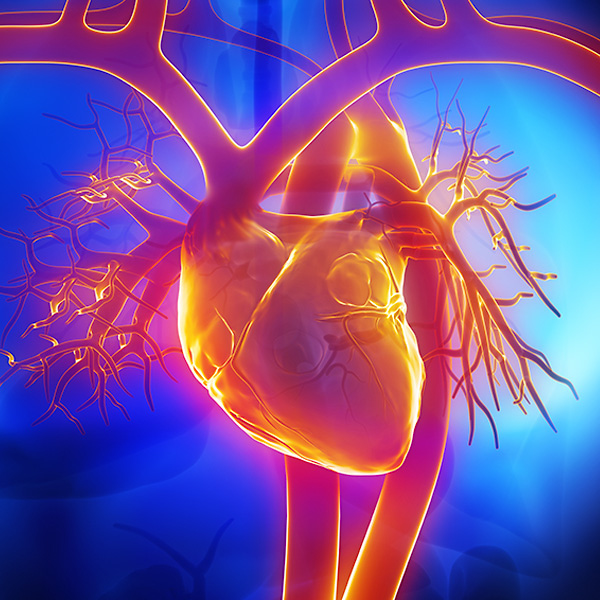Cardiac Stress Test
Diagnostic Test to Measure Coronary Artery Disease
A cardiac stress test, commonly referred to as a heart stress test, is one of the many diagnostic tests performed by the skilled cardiologists at Loyola Medicine. Utilizing exercise equipment or medicine to induce heart stimulation, a heart stress test aids the diagnosis of coronary heart disease.
At Loyola, your doctor or a trained technician will perform a cardiac stress test to determine whether your symptoms are related to blockages in the heart or the amount of stress your heart can manage before developing an irregular heart rhythm. The most common heart stress tests include:
- Stress echocardiogram (treadmill or dobutamine)
- Stress nuclear test (treadmill or adenosine)
- Treadmill exercise ECG
Cardiac stress tests are a non-invasive way to evaluate the health of your heart. In addition to testing for heart blockage, cardiac stress tests enable your doctor to:
- Assess the blood flow to your heart at varying levels of activity
- Determine your risk for heart attack
- Diagnose abnormal heart rhythms
- Evaluate the effectiveness of heart medications
- Gauge the effectiveness of a previous heart procedure
How Do I Prepare for a Cardiac Stress Test?
Cardiac stress tests do not generally require preparation and are relatively easy to complete. The test usually involves walking on a treadmill or pedaling a stationary bike with increased levels of intensity. Your doctor may choose to order a medicine stress test rather than exercise based on your general health.
At the outset of the test, your doctor or nurse will record your resting heart rate and blood pressure, and he or she will monitor your heart rate, electrocardiogram and blood pressure throughout the duration of the test.
What are the Risks of a Cardiac Stress Test?
Cardiac stress tests are generally safe and do not pose significant risk. While undergoing the test you may experience:
- Chest pain
- Fatigue
- Headache
- Heart palpitations
- Nausea
- Shortness of breath

